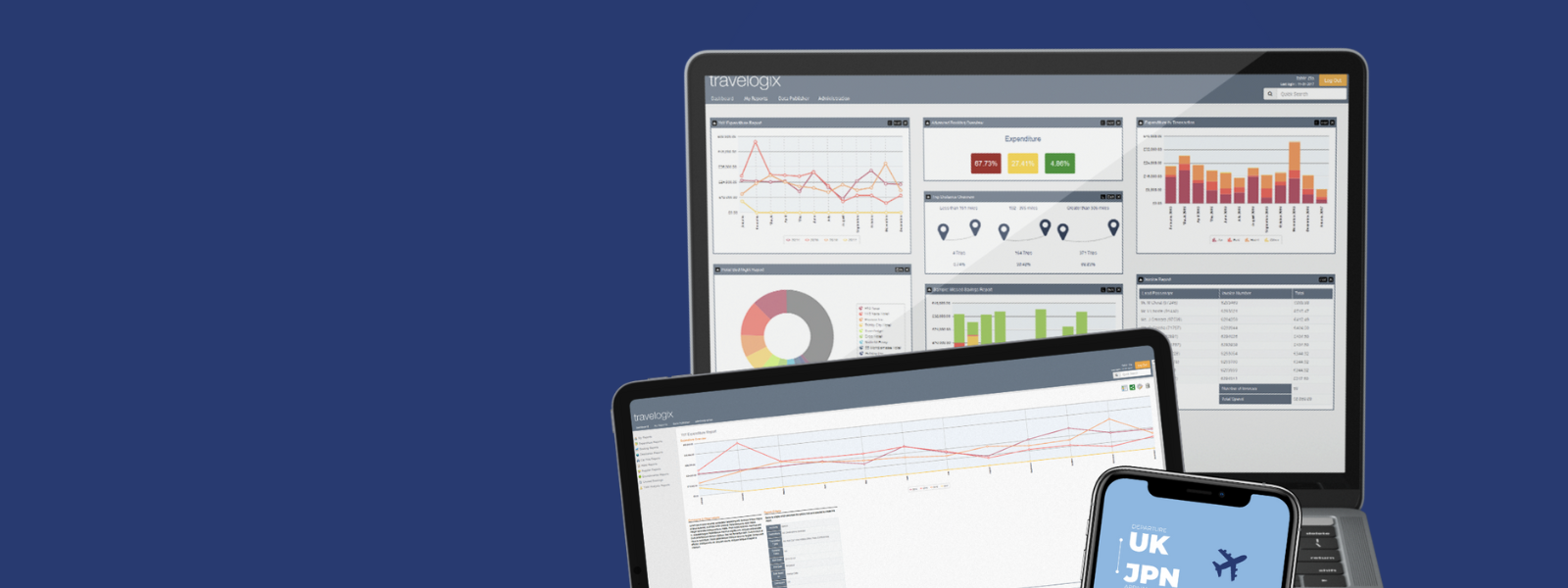In any business, empowering your team is crucial to maintaining productivity and morale. But one often overlooked area is the intersection of technology and travel management.
By leveraging the right tools and strategies, businesses can streamline travel processes, reduce costs, and enhance employee satisfaction. Explore how integrating technology and travel management can empower your team and transform your business operations.
The importance of efficient travel management
Business travel is a significant component of many organisations, enabling face-to-face meetings, fostering client relationships, and opening new market opportunities.
However, managing travel can be complex and time-consuming, often burdening both employees and administrators. Efficient travel management ensures that business trips are organised, cost-effective, and compliant with company policies, allowing your team to focus on their core responsibilities.
Enhancing travel planning with technology
Technology plays a pivotal role in simplifying travel planning. By using advanced travel management platforms, businesses can streamline the entire booking process.
Centralised booking systems
Centralised booking systems allow employees to book flights, accommodation, and car rentals from a single platform. These systems integrate with corporate travel policies, ensuring compliance and capturing all necessary data for reporting and analysis. Moreover, centralised booking reduces the risk of errors and discrepancies, providing a seamless travel planning experience.
Real-time updates
Travel plans can change unexpectedly. Technology offers real-time updates on flight statuses, gate changes, and travel disruptions, allowing employees to stay informed and adjust their itineraries accordingly. This not only minimises stress but also ensures that business objectives are not compromised by unforeseen travel issues.
Cost management and efficiencies
Effective travel management is not just about convenience; it also involves significant cost efficiencies. Technology provides tools that help businesses manage travel budgets more effectively.
Expense tracking
Automated expense tracking systems simplify the process of recording and submitting travel expenses. Employees can capture receipts and expenses on-the-go using mobile apps, reducing the administrative burden and ensuring timely reimbursement. These systems also provide detailed expense reports, helping businesses identify spending patterns and opportunities for cost savings.
Negotiated rates
Many travel management platforms and agencies have access to negotiated rates with airlines, hotels, and car rental agencies. By leveraging these partnerships, businesses can secure better deals and reduce travel costs.
Additionally, these platforms often provide insights into the best times to book travel, further maximising savings.
Enhancing employee satisfaction and productivity
Empowering your team goes beyond efficient planning and cost management; it also involves enhancing their overall travel experience.
Seamless travel experience
Integrated travel management systems ensure that employees have a smooth and hassle-free travel experience. From booking to boarding, technology simplifies each step, allowing employees to focus on their work rather than travel logistics. Features such as mobile check-ins, digital boarding passes, and personalised travel itineraries contribute to a more efficient and enjoyable journey.
Support and assistance
Travel disruptions can be stressful. Access to 24/7 support through travel management platforms provides employees with the assistance they need, whenever they need it.
Whether it’s rebooking a cancelled flight or finding alternative accommodation, prompt support ensures that travel issues are resolved quickly, minimising impact on business activities.
Data-driven decision making
Harnessing the power of data is crucial for optimising travel management. Advanced analytics and reporting tools provide valuable insights into travel patterns and expenditures.
Analysing travel data
By analysing travel data, businesses can identify trends, monitor compliance with travel policies, and evaluate the effectiveness of travel programmes. These insights enable data-driven decision-making, allowing businesses to refine their travel strategies and policies for improved efficiency and cost control.
Customised travel policies
Every organisation has unique travel needs. Technology allows businesses to customise travel policies based on specific requirements and preferences. This ensures that travel policies are not only compliant but also aligned with the company’s strategic objectives, thereby enhancing overall efficiency.
Empower your team with technology
Integrating technology into travel management empowers your team by streamlining processes, reducing costs, and enhancing the travel experience. By leveraging centralised booking systems, real-time updates, automated expense tracking, and data-driven insights, businesses can optimise their travel management strategies and create a more productive and satisfied workforce.
To learn more about how you can leverage technology to enhance your travel management and empower your team, contact our travel management experts today. We can help you design a customised travel management solution that meets your unique business needs – while taking the stress of managing platforms out of your hands.

















